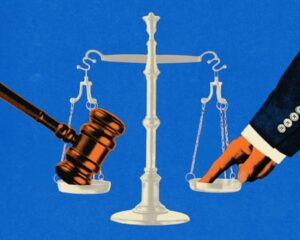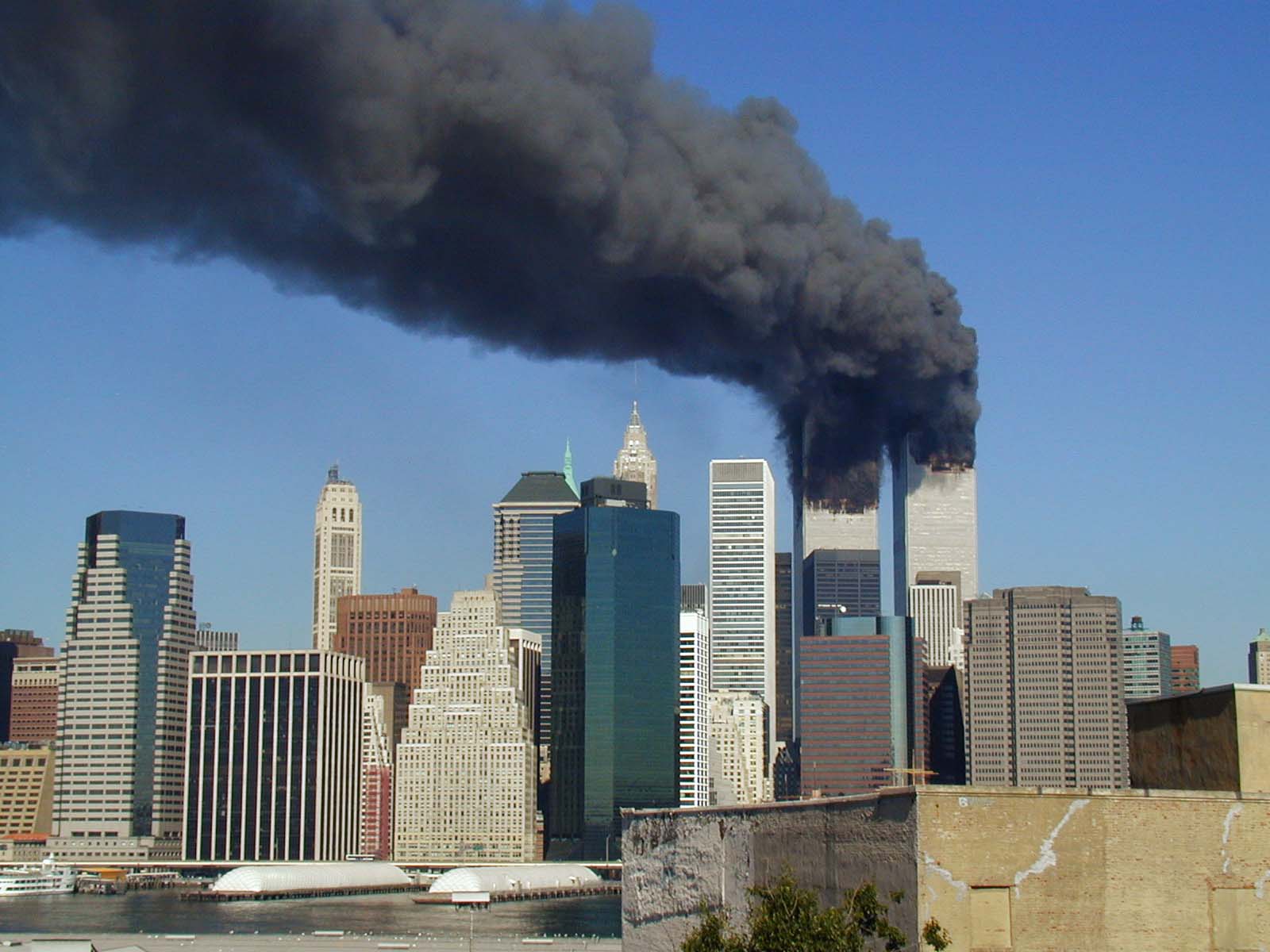Understanding the 9/11 Attack: A Turning Point in History
The 9/11 attack, a term that resonates deeply within global consciousness, refers to the series of coordinated terrorist attacks carried out by the militant group al-Qaeda on September 11, 2001. This tragic event, which led to the loss of nearly 3,000 lives and extensive damage to the United States, marked a significant turning point in both American and world history.
What Happened on September 11, 2001?
On the morning of September 11, 2001, 19 terrorists hijacked four commercial airliners. Their goal was to strike key targets in the United States, showcasing a horrifying new method of warfare. Two planes were flown into the Twin Towers of the World Trade Center in New York City, causing both towers to collapse within hours. A third plane struck the Pentagon in Arlington, Virginia, while the fourth plane, United Flight 93, was headed toward Washington D.C. but crashed in a Pennsylvania field after passengers attempted to regain control from the hijackers.
The Immediate Impact of the 9/11 Attack
In the immediate aftermath of the 9/11 attack, the United States faced not only a tragic loss of life but also a profound sense of vulnerability. This incident unveiled the complex threat of terrorism to the American public and led to significant changes in U.S. policies. Security protocols in airports were heightened, leading to the establishment of the Transportation Security Administration (TSA). The attacks also prompted the U.S. to launch the War on Terror, initiating military action in Afghanistan aimed at dismantling al-Qaeda and removing the Taliban from power.
Global Repercussions
The effects of the September 11 attacks extended far beyond the United States. Countries around the globe re-evaluated their own security measures, intelligence sharing, and anti-terrorism strategies. The international community united in the fight against terrorism, leading to a series of military interventions and legislative changes aimed at preventing future attacks.
Changes in Policy and Culture
The attacks prompted a wave of legislative responses, one of the most significant being the USA PATRIOT Act, which expanded the government’s surveillance powers in the name of national security. Public perception of civil liberties underwent a transformation; people became more aware of the balance between security and personal freedoms. This shift in policy and public sentiment continues to impact discussions around privacy, surveillance, and civil rights.
Remembering the Victims
Every year, on September 11, memorial services are held across the United States to honor the nearly 3,000 victims of the attacks. The National September 11 Memorial & Museum at the World Trade Center site serves as a poignant reminder of those lost and is dedicated to educating future generations about the events of that day.
Lessons Learned from the 9/11 Attack
The 9/11 attacks have taught profound lessons about resilience, vigilance, and the importance of community. The way individuals and organizations came together in the wake of the tragedy highlighted humanity’s capability to unite in the face of adversity. This unity became a crucial part of the American narrative post-9/11.
Conclusion
The September 11 attacks were a significant event that forever changed the fabric of America and the world. It brought to light the complexities of global politics, the realities of terrorism, and the importance of maintaining a balance between security and liberty. As we remember the horrors of that day, it is essential to reflect on the lessons learned and to ensure that we work collectively towards a safer and more understanding world.
For more detailed accounts and information about the 9/11 attacks, visit Wikipedia.








